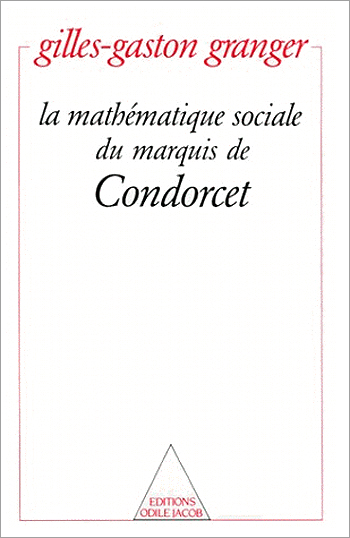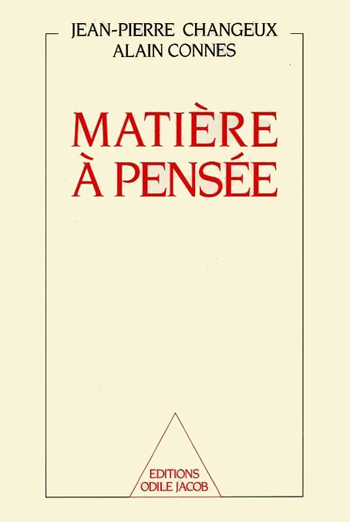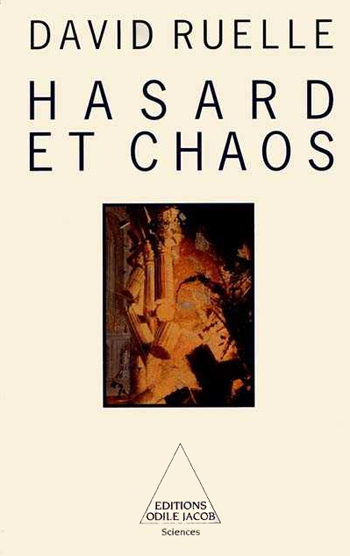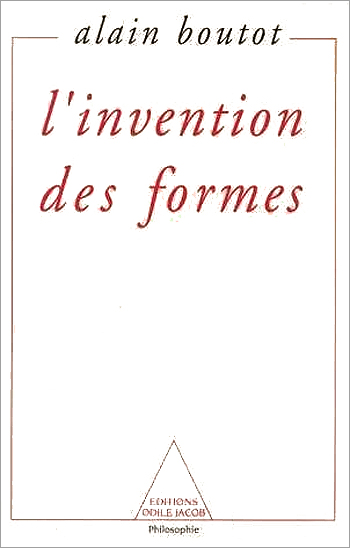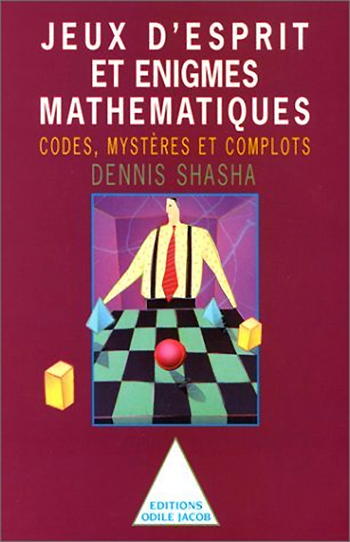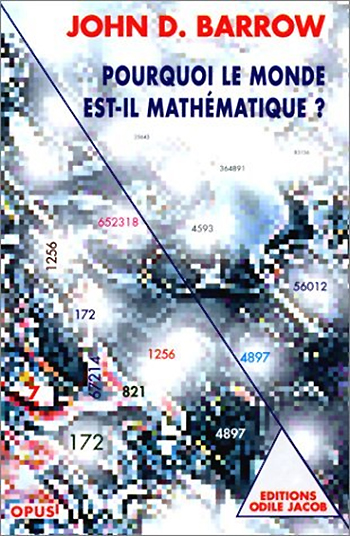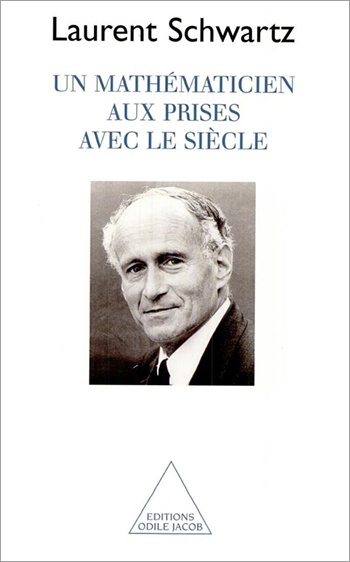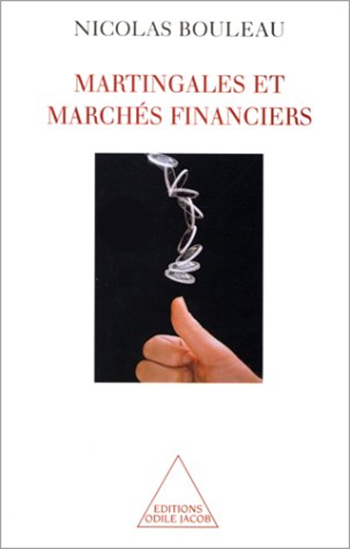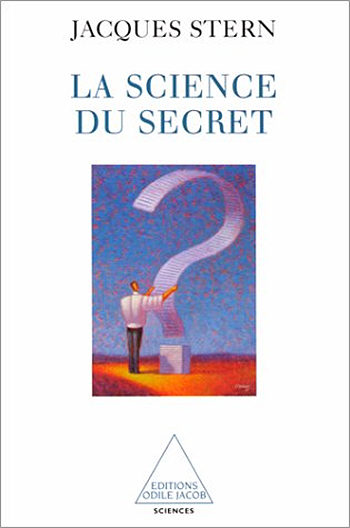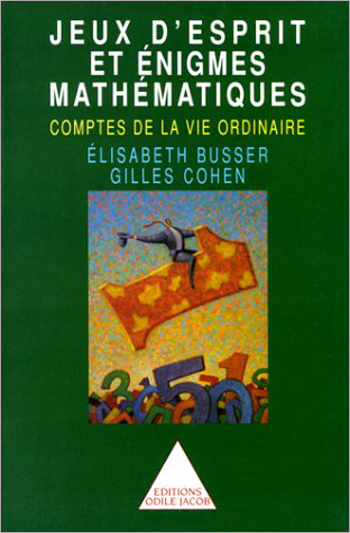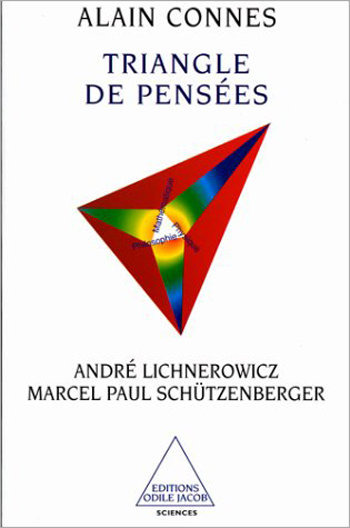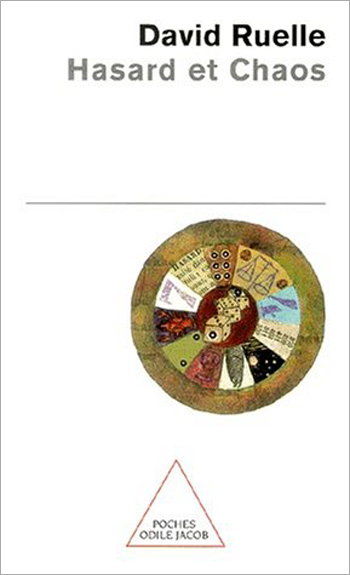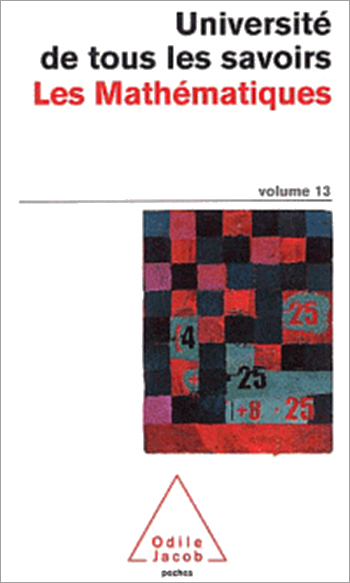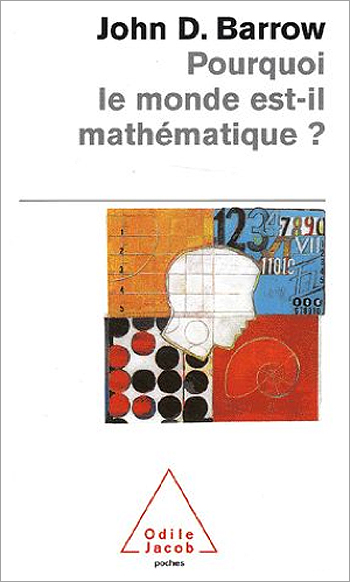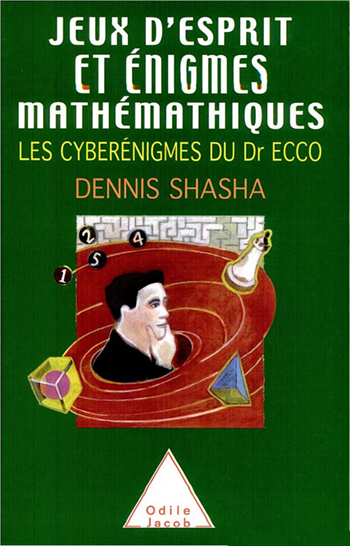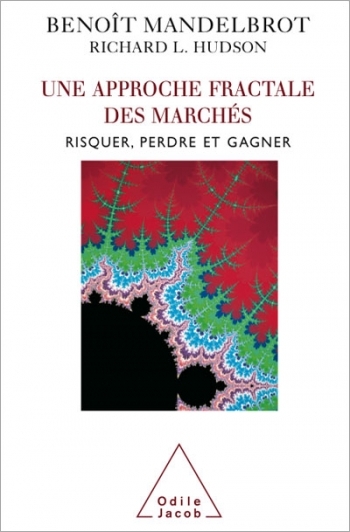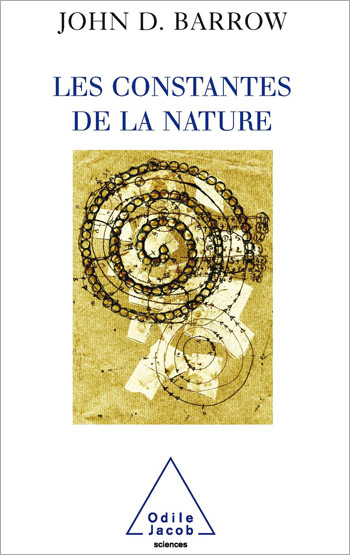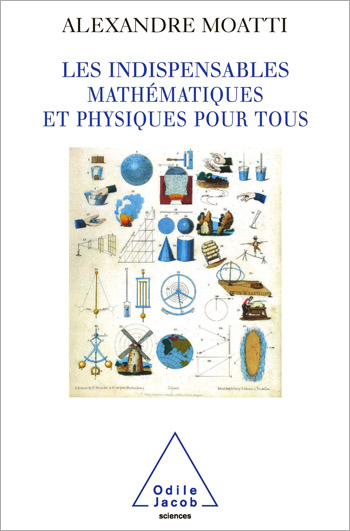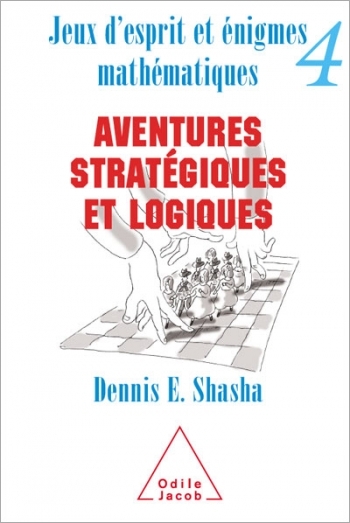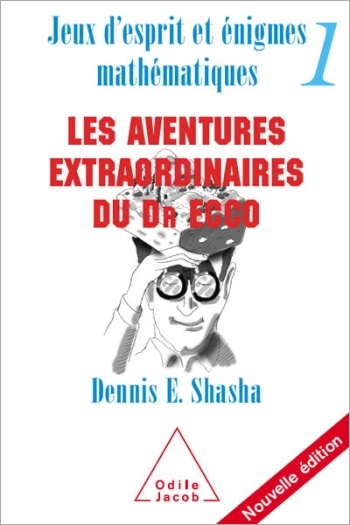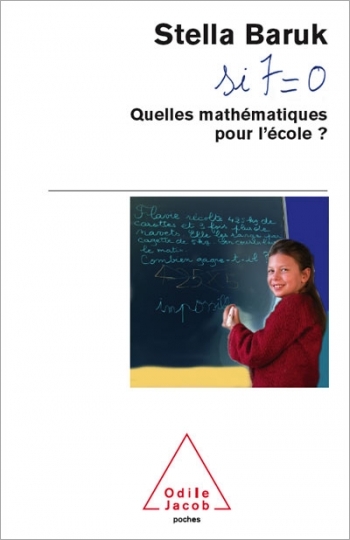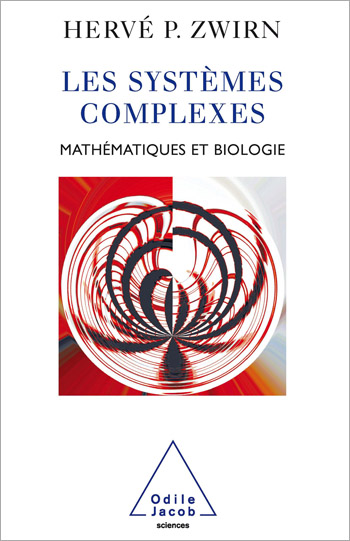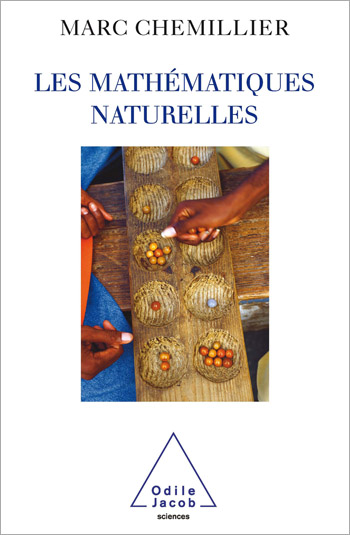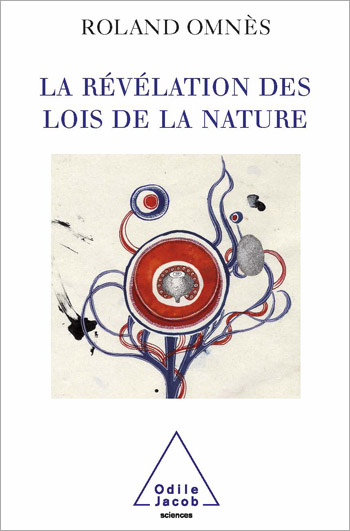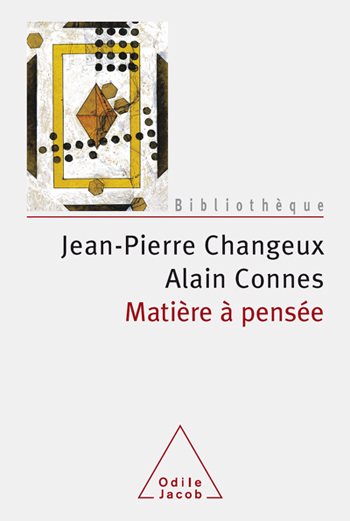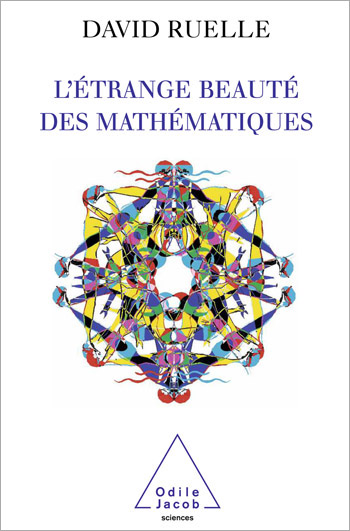Mathematics All books

Dennis Shasha
Mathematical Mind Games and Enigmas I The Amazing Aventures of Dr. Ecco
Under the supervision of Dr Ecco, a modern Sherlock Homes who solves the most difficult, mystifying problems, its your turn to play! No prior knowledge is necessary-- a paper and pencil will suffice. And, of course, some common sense! A researcher in computer science and artificial intelligence, professor Dennis Shasha teaches at the Mathematics Institute at the University of New York.
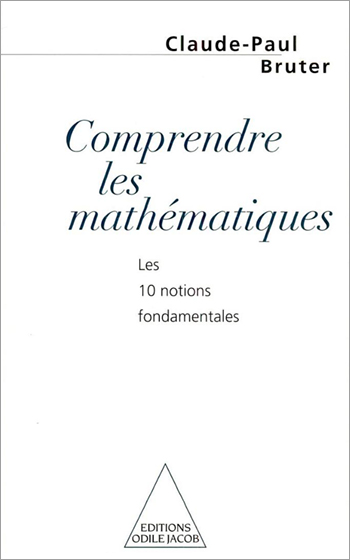
Claude-Paul Bruter
Understand Maths The 10 Fundamental Principles
What does the world look like from a mathematical perspective ? This is what Claude-Paul Bruter explains through the fundamental principles of the discipline, from the theorem of Thalès to differential forms. He explores the notions of vector and space curvature, the implicit function theorem, and the characteristic of Euler-Poincaré, the different geometries and topological surfaces. Written in part for students, this work is accessible to all those interested in mathematics. Claude-Paul Bruter is a professor at the University of Créteil
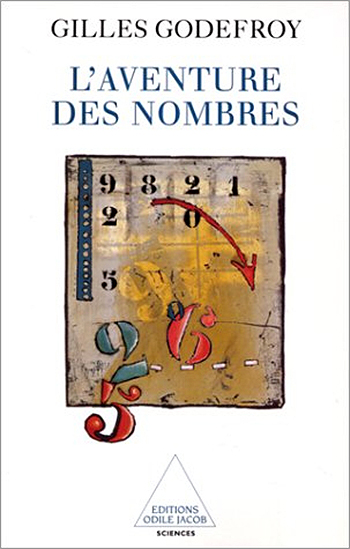
Gilles Godefroy
The Adventure of Numbers
Numbers never cease to fascinate. The Adventure of Numbers recounts the history of the gradual discovery of numerical characteristics, from the early days of arithmetic to the most sophisticated recent issues: Could a robot be created that would reduce all mathematics to simple sums? Are we sure that arithmetic does not conceal contradictions? Can all mathematical truths be demonstrated? The surprising answers given by Gilles Godefroy are the latest in an on-going saga that will doubtless continue to astound us. Mathematician Gilles Godefroy is a research director at the French Centre National de la recherche scientifique (CNRS).
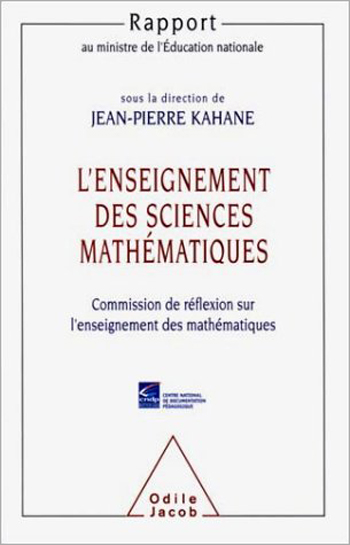
Jean-Pierre Kahane
The Teaching of Mathematical Sciences
What should be the goals and the contents of the mathematics syllabus from primary school to university? What changes should be undertaken to accompany and prepare for future developments in science and technology? And how should the initial training, competitive recruitment and further education of maths teachers evolve and develop? This book is the fruit of several months work by a committee, presided by the mathematician Jean-Pierre Kahane, on the future of the teaching of mathematics.
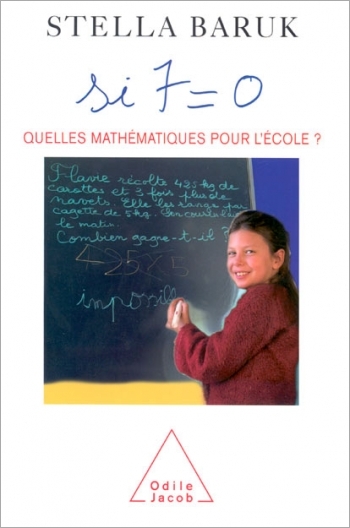
Stella Baruk
Si 7 = 0. Quelles mathématiques pour l'école ?
Stella Baruk is known for her uncompromising criticism of the way mathematics is taught at school. She sees children's frequent aversion to the subject as a clear demonstration of the failure of current methods. Following her earlier book, L'Age du Capitaine, in which she denounced the meaningless mathematical problems that children were burdened with and enjoined to solve, she now addresses the difficulties encountered by the new generation of the captain's children. She has reproduced pages from the exercise books of primary school pupils, with a commentary underlining the confusion created by modern maths in the minds of children who are not yet familiar with mathematics. Her message is clear: the fault lies not in modern maths, but in the fact that the cart has been put before the horse. Modern maths was created to generalise operations and structures that recur in every aspect of mathematics, and modern maths cannot be correctly understood without the full mastery of those operations and structures. Yet, the teaching of mathematics has been turned on its head, with the abstract being taught before the concrete and the general before the specific - with the result that empty formalism is all that is being passed on. Baruk's very precise analyses, illustrated with specific examples, will help parents understand their children's mistakes and difficulties, so that they can help them overcome them. Stella Baruk is a mathematics teacher and pedagogical researcher.

